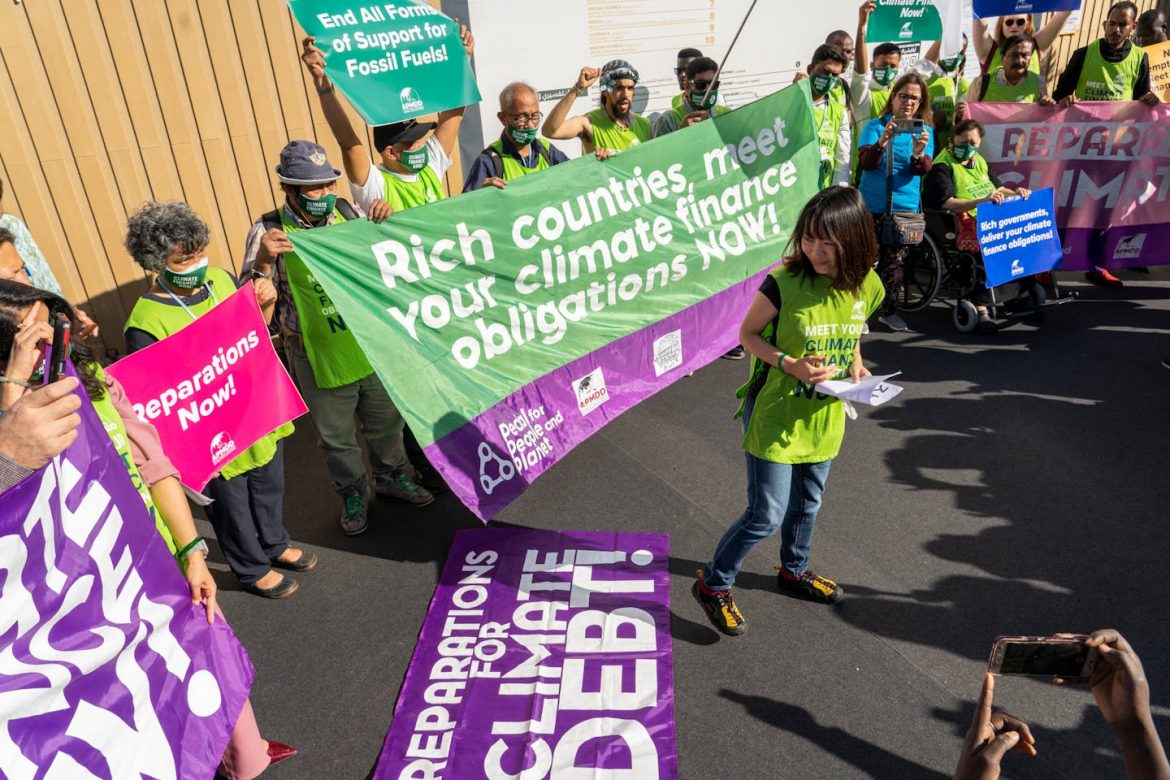A group of economists at the World Inequality Lab have quantified how much the wealthy should be taxed to help finance a global climate fund and close the world’s climate finance gap in a recent UN-backed report that calls for tax for the ultra-rich to fund climate activities.
They called this rate the “1.5 per cent for 1.5 degrees” wealth tax and said that a “relatively modest” tax on individuals owning over US$100 million could raise about US$295 billion per year, which is more than enough to fill the current adaptation gap.
Recall that 195 nations had agreed under the Paris Agreement to work towards limiting global warming to 1.5 degrees Celsius above pre-industrial levels. The UN Environment Programme (UNEP) also estimates that up to US$340 billion is needed annually to meet adaptation needs in developing countries by 2030 as international adaptation finance going to developing countries are about 5 to 10 times below estimated needs.
Wealthy nations signed off a loss and damage fund that would compensate developing countries hit hardest by the climate crisis at COP27 last year as closing the climate finance gap continues to be an integral agenda in many international meetings.
Read also: World’s biggest investment fund wants directors to tackle climate crisis or face sack
The authors of the Climate Inequality Report 2023 said the wealth tax that is being proposed by the economists would apply to the 65,000 richest individuals in the world, or roughly 0.001 per cent of the global adult population, meaning that the proposed global climate fund would be created at no cost to 99.999 per cent of the world’s population.
The tax would range from a rate of 1.5 per cent on assets between US$100 million and US$1 billion, to 3 per cent for assets above US$100 billion, much of which are owned by individuals based in the United States, they said, adding that low- and middle-income countries should also consider taxing cent millionaires living in their jurisdictions.
Findings from their study supported earlier reports that the Global North contributes the bulk of the world’s carbon emissions, albeit the wealthiest living in other countries is guilty of driving up emissions too.
“Nowhere in the world do the emissions of the top 10 per cent meet the Paris targets, although there are marked differences across regions,” the report said.
The authors acknowledged that “it is unlikely that a global deal on a tax on extreme wealth to fund climate change adaptation and mitigation will be obtained in the very near future”. But the study suggests that the proposed wealth tax “can be initiated by a subset of countries without the need for consensus” at the COP climate negotiations.
“The main conclusion here is that,” the authors said, commenting on their proposal, “given the extreme levels of wealth concentration in the world today, even modest tax rates on top wealth holders can yield substantial tax revenues.”
Apart from the progressive wealth tax, the report suggests that other well-designed climate policies focusing on distributional impacts, like the removal of fossil fuel subsidies and targeted cash transfers, can reduce climate change inequalities as well.
Story was adapted from Eco-Business.
